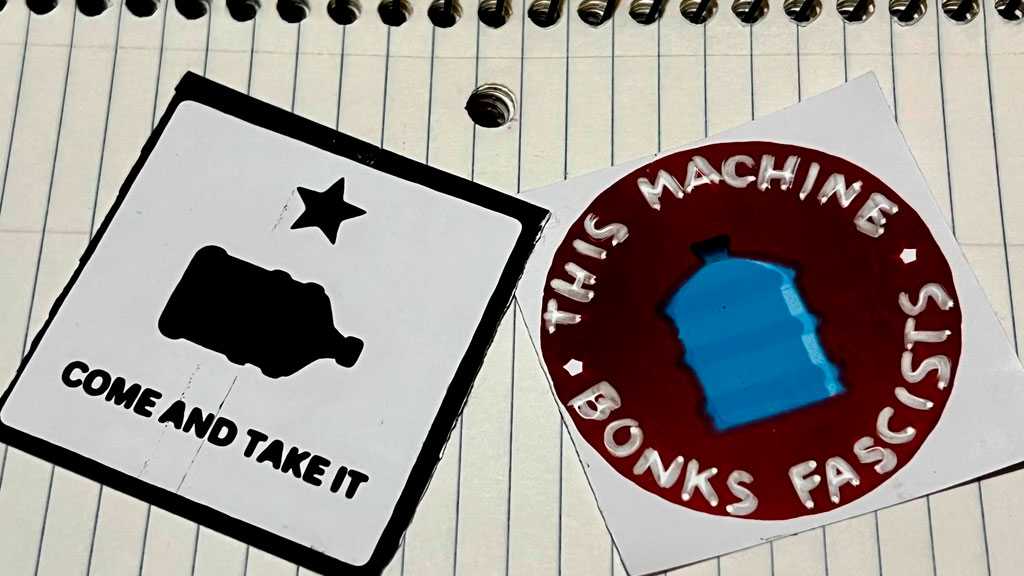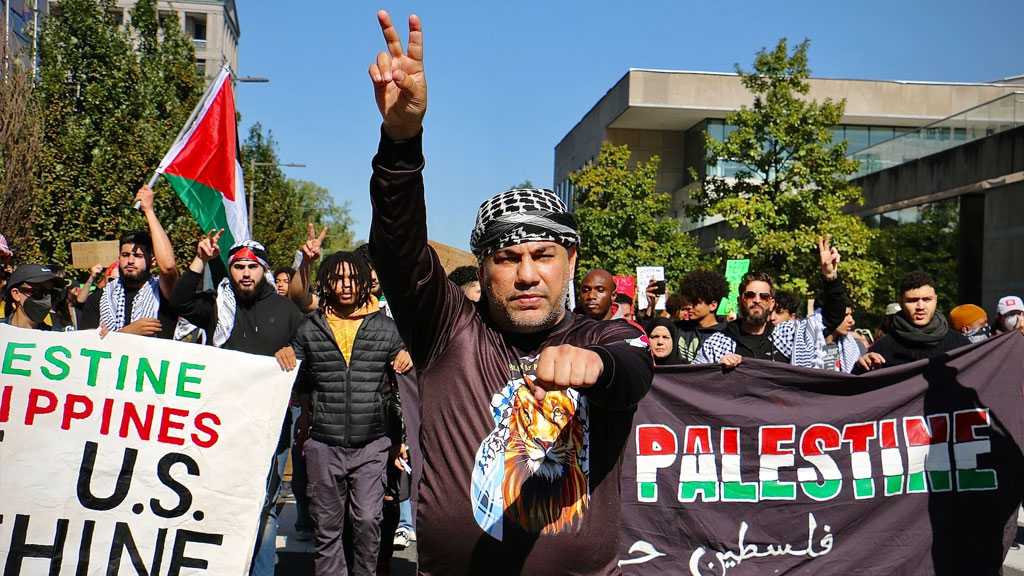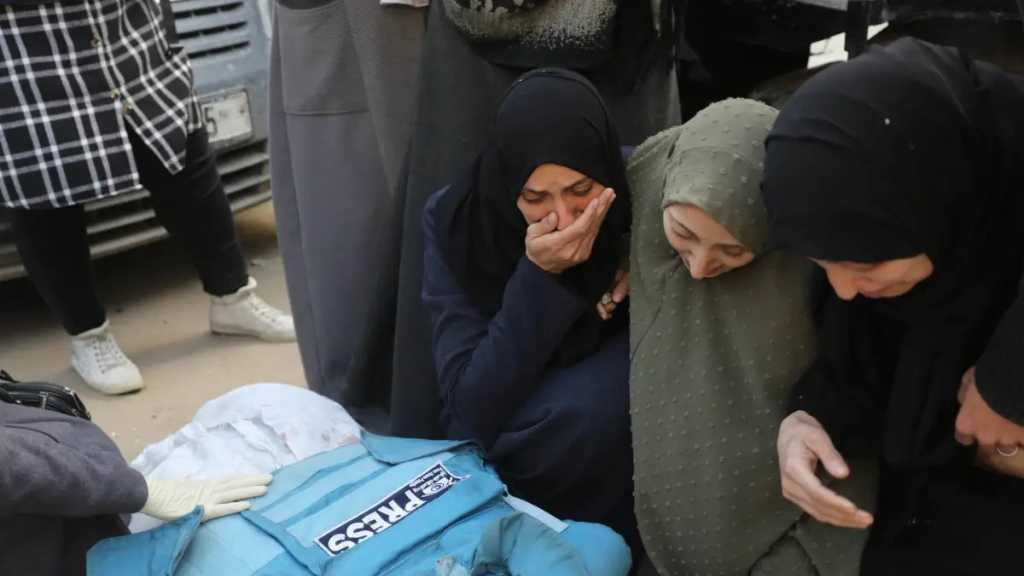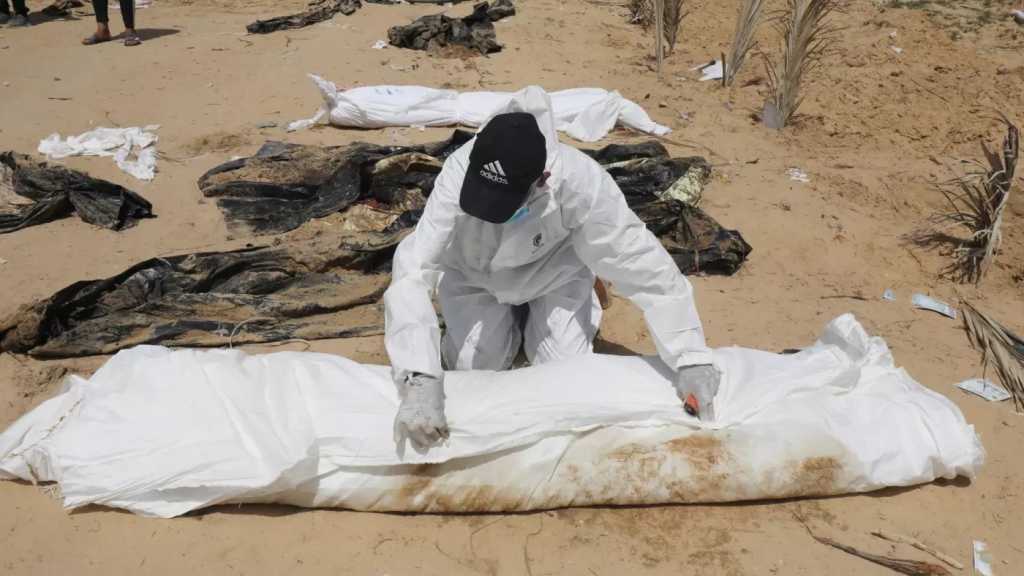
Is Trump Preparing A New Iran Nuclear Deal?
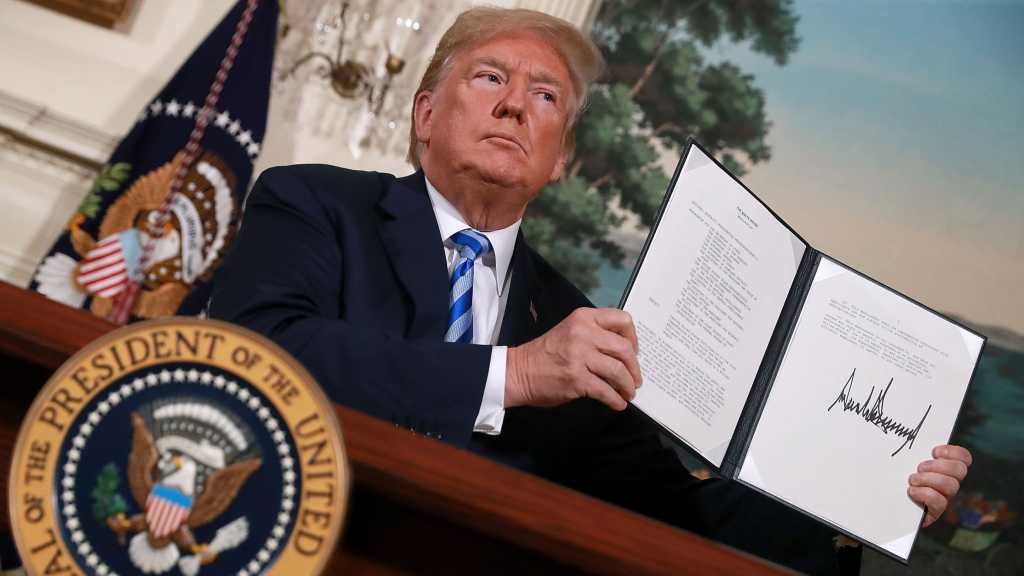
By Simon Watkins - OilPrice.com
A moment of monumental importance for US-Iran relations took place early last week when a high-level exchange of prisoners took place in Switzerland. OilPrice.com can exclusively reveal that during the exchange the US, for the first time, made it clear that it would resume negotiations with Iran on the removal of sanctions “with no preconditions.”
Iran made it equally clear that it saw the prisoner exchange as the road to re-engaging in the Joint Comprehensive Plan of Action [JCPOA] nuclear deal, without the removal of sanctions by the US being required beforehand. “This is the beginning of the end of this extremely dangerous global stand-off between the US and Iran,” a senior oil and gas industry source who works closely with Iran’s Petroleum Ministry exclusively told OilPrice.com last week.
Where we are now in US-Iran relations is a product of two key factors that have occurred in just over the past six months. The first of these was the absolute absence of any support for any meaningful US retaliation against Iran for either the downing of the US ‘surveillance’ drone in June, or the attacks on Saudi Arabia’s Khurais oil field and the Abqaiq refinery in September.
In the case of the former, military retaliation was halted at the last moment, and subsequently John Bolton – the most insistent proponent of military action against Iran over the years – was fired as National Security Adviser. In the case of the latter, various high-level officials from the US State Department repeatedly tried to persuade US allies in NATO and other supposedly sympathetic states in the Middle East to take part in a joint naval task force to patrol the Strait of Hormuz, but to no avail.
This was followed by the decision from the US to effectively disengage from the rolling conflicts in Syria, even if it involved leaving its former allies in the fight against Daesh [the Arabic acronym for terrorist ‘ISIS/ISIL’ group], the Kurds, at the mercy of their longstanding mortal enemy, Turkey. Given the twin realization that the US was no longer willing to and/or could not meaningfully safeguard them and that Iran had everything to gain from further attacks on oil and gas targets in the region, Middle Eastern countries have been looking to row back on any hostility against Iran. Even the Saudi-led coalition that has been fighting the Ansarullah in Yemen since 2015 have begun releasing jailed Ansarullah members in an attempt to bring some resolution to the conflict.
From the US side, there is the realization that, without the option to have an enduring [and costly in blood and money terms] military presence in multiple countries across the Middle East, it needs to have Iran on side to protect its political and energy interests there.
“Wherever the US withdraws, China increases its presence, with Russia close alongside, and the US is finding itself marginalized not just in Syria but also in Iraq and further East in Afghanistan by China and/or Russia, as these places are central to China’s ‘One Belt, One Road’ project and to Russia’s attempts to isolate the US internationally,” the Iran source told OilPrice.com.
“The US is looking at being left with just Saudi, which is not the force that it once was either in political or energy terms and a country that is deeply unpopular amongst many segments of the US, including in both Houses [Senate and Representatives],” he added. “Iran, on the other hand, with Rouhani, is relatively moderate and has enormous influence across the entire Shia crescent of power [Iran, Iraq, Yemen, Lebanon, Jordan, and Syria] and into Pakistan and Afghanistan,” he underlined.
This ties in to the second game-changing reason that portends an end to sanctions and a resumption of the nuclear deal…
From both perspectives, then, an agreement makes sense and the prisoner exchange “marks an extremely important signal that we on the road to a lasting and workable resolution,” said the Iran source. As important as the exchange – Iran released Princeton PhD student Xiyue Wang [accused of spying], detained since 2016, and the US dropped [spying] charges against Iranian scientist Massoud Soleimani, who was arrested in the US in 2018 – was the rhetoric [and absence of rhetoric in interesting places] involved.
At the time of the exchange, US President Donald Trump Tweeted: “Thank you to Iran on a very fair negotiation... See, we can make a deal together!” Behind the scenes, US officials highlighted that Trump is willing to meet with Iran “without preconditions” and added that the administration was “hopeful [that the release of Wang] is a sign that the Iranians may be willing to come to the table to discuss all these issues.” Iran, in the meantime, signaled that it is willing to engage in more prisoner swaps and, crucially, according to the Iran source: “That it does not necessarily expect all sanctions to be removed before sitting down for negotiations with the Washington team.”
Comments
